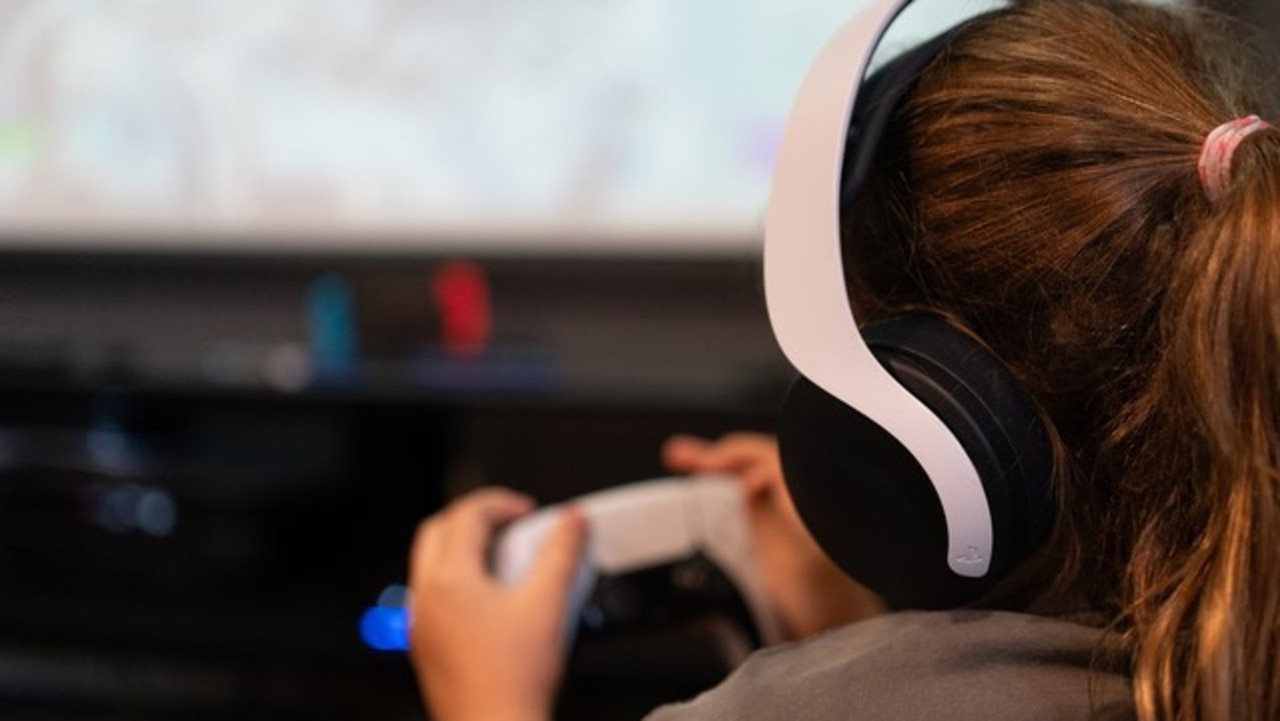Rick and Morty co-creator Dan Harmon apologises for dizzying number of Kiwi guest stars
The co-creator of a hit TV show has issued an apology to Australian fans as a new series makes its way to our screens.
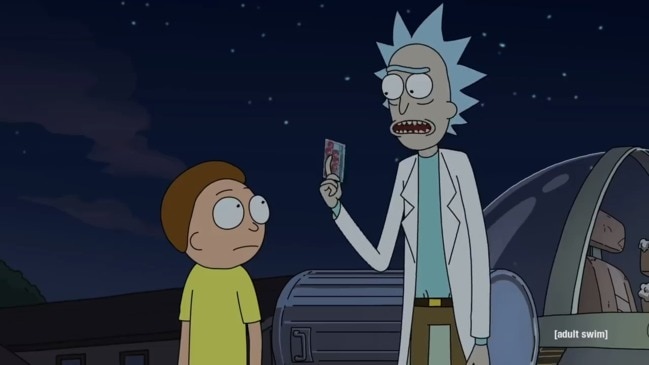
One of the brains behind popular cartoon Rick and Morty has apologised and promised to come Down Under to make amends as the abridged fourth series of the show makes its delayed return to our shores.
Five episodes of the comedy sci-fi cartoon landed on Netflix this Saturday.
This series has been split into two five-episode instalments and boasts guest voices from big names like Sam Neill, Kathleen Turner and even Elon Musk.
The show has welcomed many celebrity guests over the years, and while many of them are naturally from the US and Canada, one country appears to be overrepresented.
Three New Zealanders: Sam Neill, Taika Waititi, and Jemaine Clement have now appeared on the show.
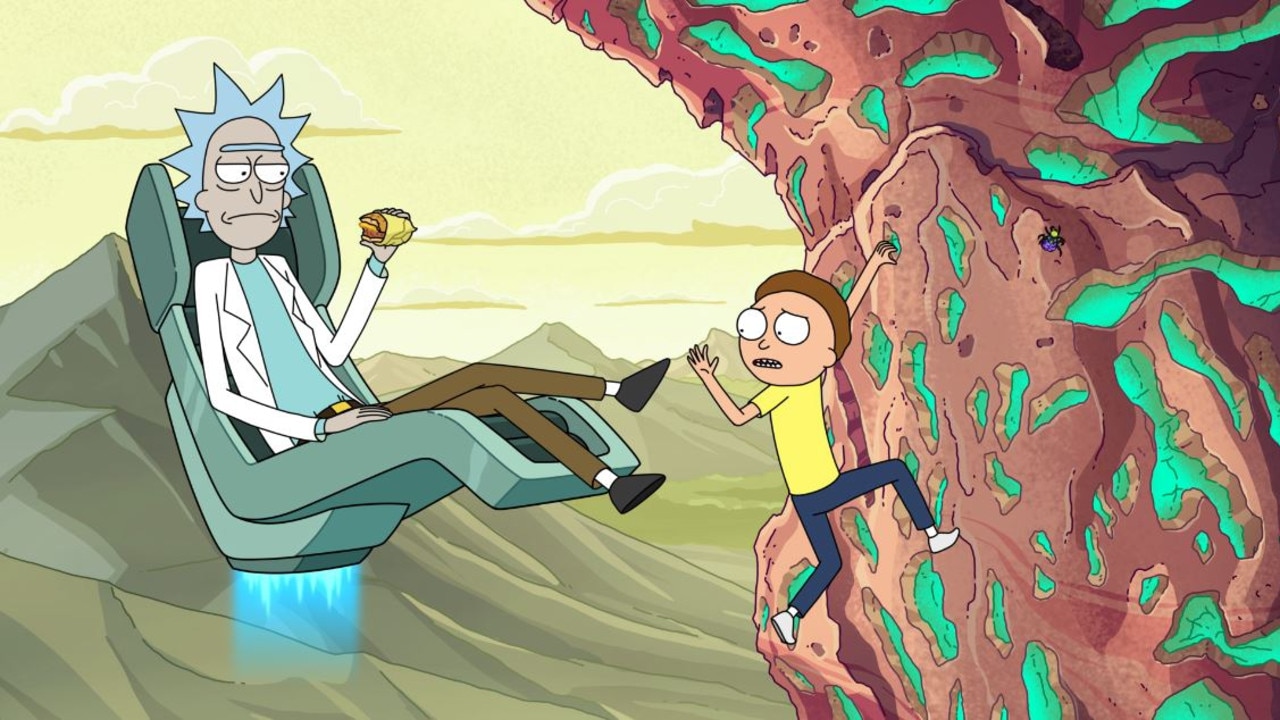
Rick and Morty co-creator Dan Harmon, 46, assured news.com.au it was “pure coincidence”.
“Australians are the funniest people in the world, I swear to god,” Harmon said.
Waititi previously directed Neill in Hunt for the Wilderpeople (2016) and the pair share an episode this year, appearing as members of an alien race.
Harmon said this was the reason for the overt Kiwi presence.
“They’re both Kiwis, there was some conversation where we realised there was an internal logic to them belonging to the same alien species,” he said.
“My point is I love Australia, I’m so sorry to all of you. We definitely don’t look at a map and say, ‘Where are the funny people?’” Harmon added, vowing to come to Australia and make things right.
“I’ll come down and shake the Prime Minister’s hand and let spiders crawl on my hand.”
Rick and Morty sprang from the minds of Harmon and fellow co-creator Justin Roiland, 39, who also voices the titular characters: alcoholic mad genius Rick Sanchez and his good-hearted grandson Morty.
The series follows the pair as they traverse the intergalactic universe, crossing space and time, causing and solving problems as they go.
The show’s humour is characterised primarily by Rick’s cynical misanthropy as he drunkenly stumbles through misadventures, continuing to save humanity despite repetitively expressing his distaste for the species.
There’s also plenty of good old-fashioned gutter humour to stop the series devolving into navel gazing “cleverness”, and despite popular memes expressing as much, Roiland maintains viewers don’t “have to have a very high IQ to understand Rick and Morty”.
“You definitely don’t need a high IQ to enjoy the show. I’m living proof of that,” Roiland said. “I’m about as dumb as they come. I’m so stupid you wouldn’t believe it. I once thought a microwave was a garage for small cars. I’m so dumb when I sit around the house, I literally sit all the way around the exterior of the house.”
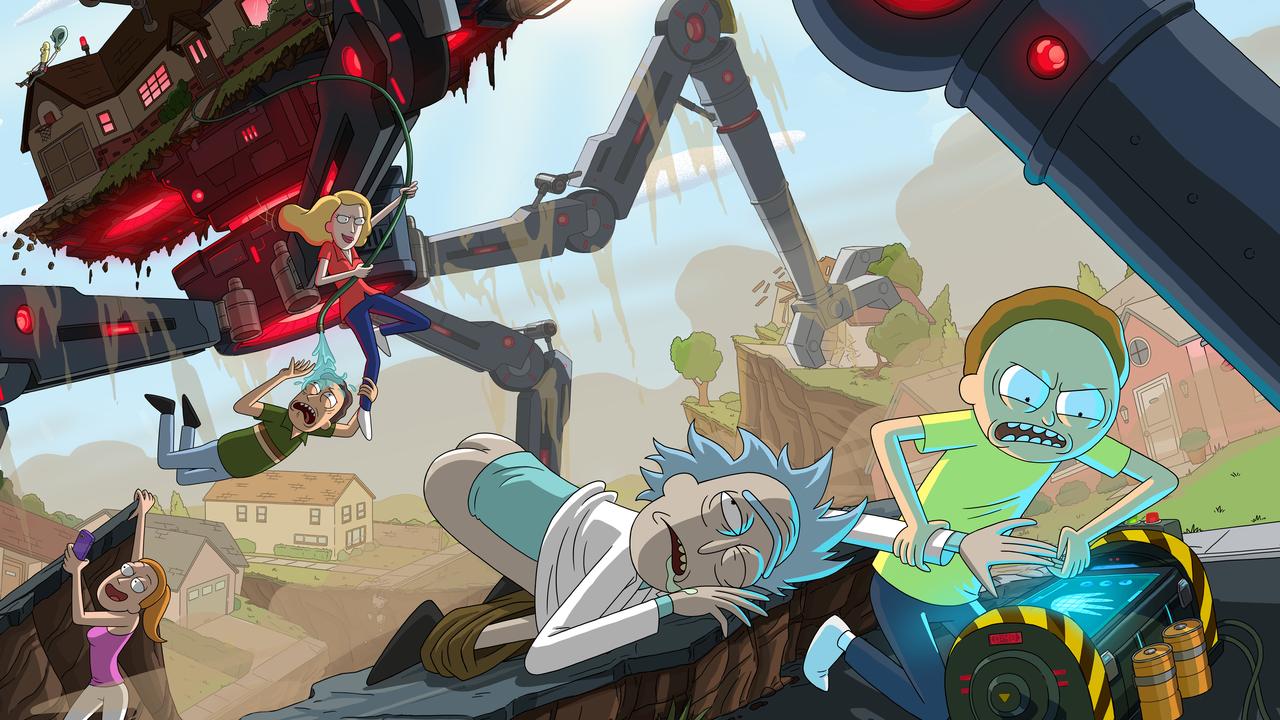
Rick and Morty proved to be a surprise success for Adult Swim, the more mature offering that takes over Cartoon Network from 9pm onwards in the US.
After 31 episodes over three-and-a-half years, Adult Swim knew they had a hit on their hands and ordered 70 more (bringing the show into much coveted syndication territory, where re-runs can go on to print money years after the show stops being made).
Roiland wasn’t even sure about doing the show initially after already having three fail to make it past the pilot stage.
When Harmon was fired from his show Community in 2012 (he was later brought back after one season), Adult Swim approached him on the hunt for a new show.
Having little experience with animation, Harmon brought Roiland on-board.
Adult Swim’s hands-off approach to development ended up being the key to keeping Roiland interested.
“At Adult Swim there’s a genuine spirit of ‘let us help you’,” Harmon said. “Justin’s brain is so incompatible with attempts to refine it … it’s not about being stubborn or pretentious, it’s the opposite, his brain needs to be free or it doesn’t work.”
Roiland, for the most part, agreed.
“I’m fine working with notes as long as they are smart and get the overall tone of the project, but I think where you get into trouble is when you get pages and pages of notes about everything from major story structure to small lines of dialogue that you can’t say no to. That’s how good shows become bad ones and how bad ones become worse.”
A lack of overbearing executives helps fuel the occasional chaos that goes into making television and helps the show fully realise its characters.
For instance, one of Rick’s most defining traits is his alcoholism, the character rarely being seen sober.
Sometimes Roiland needs a little help getting into character to the delight of millions who have watched behind the scenes footage of him getting drunk in the recording booth.
While Harmon admits drinking doesn’t help when recording voiceovers, the show is willing to make occasional exceptions.
“Actors pretending to be drunk is a big pet peeve for me,” Harmon said. “If an actor knows their character is drunk, you can’t mistake the artifice and it throws you. There’s no mistaking fake drunk for real drunk.”
One episode proved a problem when alcoholic Rick is supposed to be “blackout drunk”.
“As far as we know he’s never sober, but he got so drunk he was blackout drunk. I personally requested Justin get sh*tfaced for that recording session. I’m not sure how much we used of that,” Harmon said.
“I got pretty drunk,” Roiland said. “I can’t recall, I guess that’s how being drunk works.”
Season four of Rick and Morty finished airing in the US last Sunday, which means the rest of the world now gets to see it too.
Roiland said as far as he knew the new season had been well received.
“I honestly haven’t been looking. I think from my limited window into fan reception it’s been received well. Some episodes more than others, but overall it seems to have gone over well,” he said.
Roiland’s disinterest in the fan reaction might have something to do with how toxic certain parts of the fandom can be.
He was forced to call for calm after what originally seemed like a harmless joke about an old McDonald’s dipping sauce led to the chain restaurant reissuing it in an attempt to capitalise on the show’s popularity.
This backfired when they underestimated it.
Fans were furious to find their local McDonald’s didn’t have the sauce, with some of them turning on the minimum wage workers.
“It’s just a f***ing dipping sauce, guys,” Roiland told TMZ shortly after the incident. “I don’t know. I mean really, I was bummed out for the workers. The whole thing was bad on every side.”
Harmon was also forced to call out fans who took it upon themselves to harass women writers who joined in the third season after select fans decided it was their fault they weren’t enjoying the show as much.
“I’ve made no bones about the fact that I loathe these people,” Harmon told Entertainment Weekly. “These knobs that want to protect the content they think they own – and somehow combine that with their need to be proud of something they have, which is often only their race or gender. It’s offensive to me as someone who was born male and white, and still works way harder than them, that there’s some white male trying to further some creepy agenda by ‘protecting’ my work.”
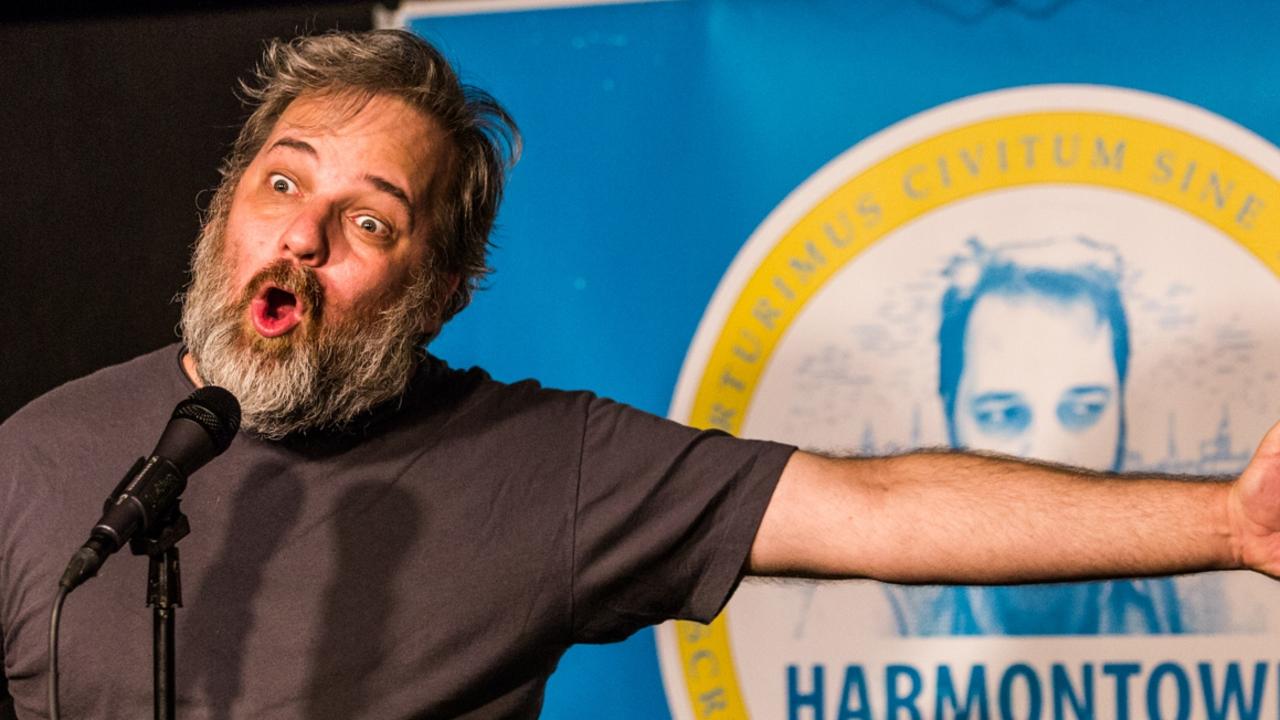
Harmon previously made a very public mea culpa of how he mistreated a woman writer on Community after she called him out on Twitter.
That writer, Megan Ganz, landed on her feet, later working on popular sit-coms Modern Family and It’s Always Sunny In Philadelphia.
She called Harmon’s public admission of guilt a “masterclass in how to apologise”.
Harmon didn’t back away when asked if creatives had a habit of using their “artistic genius” as a justification for their poor behaviour.
“You’re directly talking about me, oh god, the number of times I used that as an excuse!” he said.
He told news.com.au he was now focused on helping emerging writers get to the top by using his “wisdom to facilitate younger, angrier people’s journey”.
“As you get more comfortable, you get more power, you’re supposed to be a leader,” Harmon said.
“Perspective is another form of comfort. When you’re dealing with younger people you have an advantage, you know twice as much as they do: that none of this sh*t matters. There’s a way to use that information aggressively and in a toxic way, or you can use that to beckon them upwards and not neuter them, tell them they have full permission to be who they are.”
The new season of Rick and Morty is now available to stream on Netflix.
Are you excited about the show’s return? Let us know what you think in the comments below.

